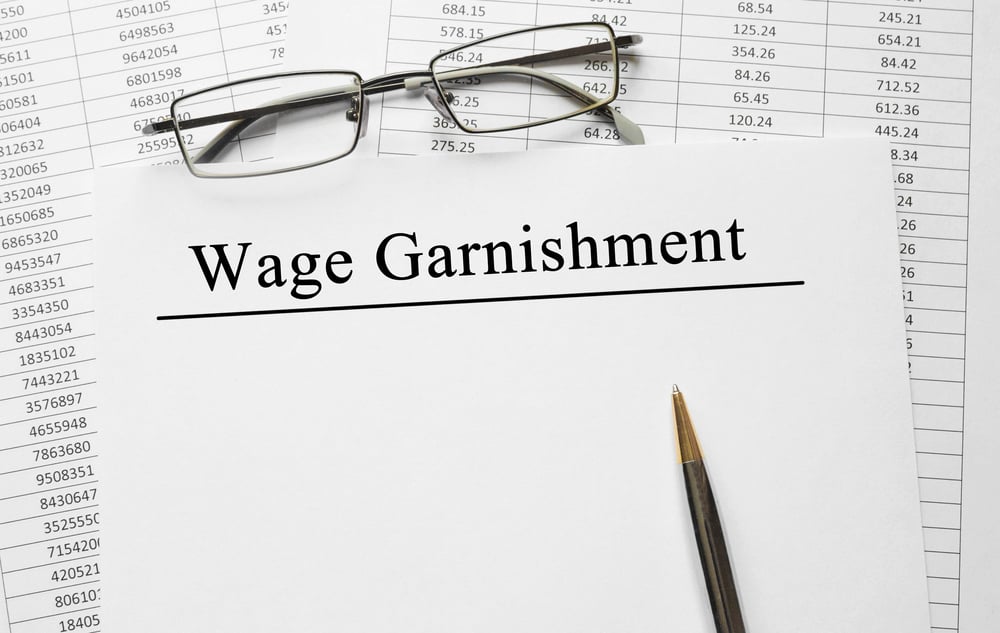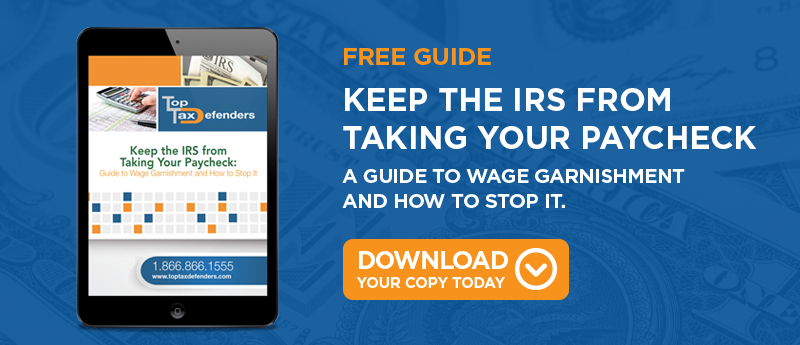
Creditors are ready to take whatever steps are necessary to collect on money that is owed to them. When you are unable to pay off a debt entirely, your creditor may petition the court to have your wages garnished.
For many people, wage garnishments result in serious financial hardships that leave them unable to care for their families. You can fight a levy against your income by asking the court for an exemption hearing. You should then prepare for your hearing by keeping these important tips in mind.
Exemption Factors
You generally cannot ask for an exemption based on the mere fact that you cannot afford to pay your bills. It is assumed already that you cannot pay your debt to the creditor; otherwise, you would not be in court in the first place.Instead, you must show clear proof to the judge presiding over your hearing reasons why you are unable to meet this financial obligation. Many courts will grant a head of household exemption, for example. You can also ask for the levy to be reduced or eliminated if:
- You are your family's head of household and primary income earner
- You provide at least 50 percent of the support for children or other dependents in your household
- You have already paid the debt in full
- You have payment arrangements set up with the creditor and you have not defaulted on the agreement
- You are filing for bankruptcy
Requesting an Exemption
Before you can ask the court for an exemption, you must ask it for a hearing date. To make a formal request for a wage exemption hearing, you must petition the court in writing. Your written request should include details like:- Your case number
- Your full legal name
- Your address and telephone number
- A calculation of your exemptions
- Your formal petition asking for the garnishment to be lowered or eliminated
- Paycheck stubs
- Receipts of payments that you have made on the debt
- Proof of your dependents and exemptions
- Proof of your bankruptcy filing if your attorney has yet to notify the court or your creditors
If you are filing for bankruptcy, your bankruptcy attorney could appear on your behalf. It is illegal for creditors to contact, harass, or try to collect debts from debtors during bankruptcy proceedings.
If the judge finds in your favor, your argument will be sustained, and your garnishment will either be reduced by less than the typical 25 percent deduction of your paycheck allowable by law or it will be eliminated entirely. If the court finds against you, the garnishment against your earnings will proceed as ordered.
Having your wages garnished can result in prolonged financial difficulties for your family. You can bypass this hardship by asking the court for an exemption hearing and appearing in court with legal representation like a bankruptcy or tax professional if needed.




